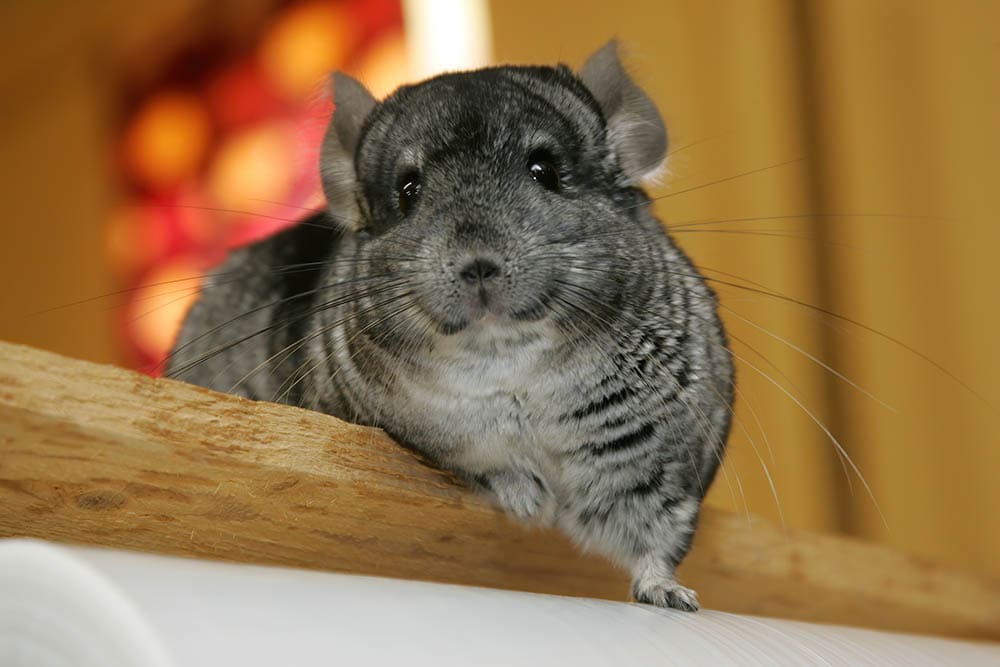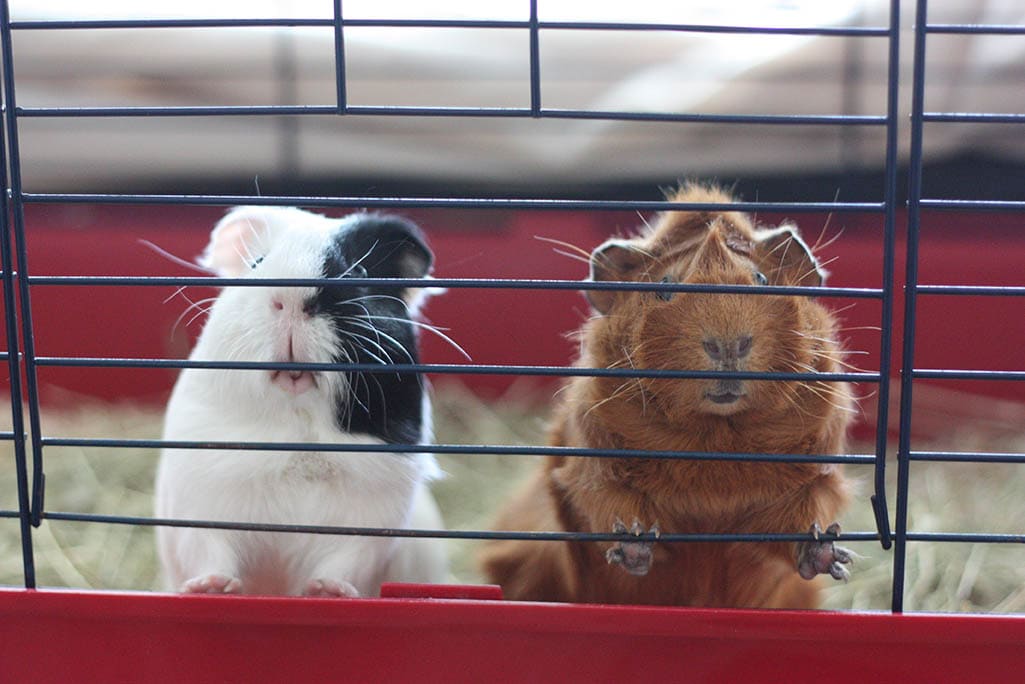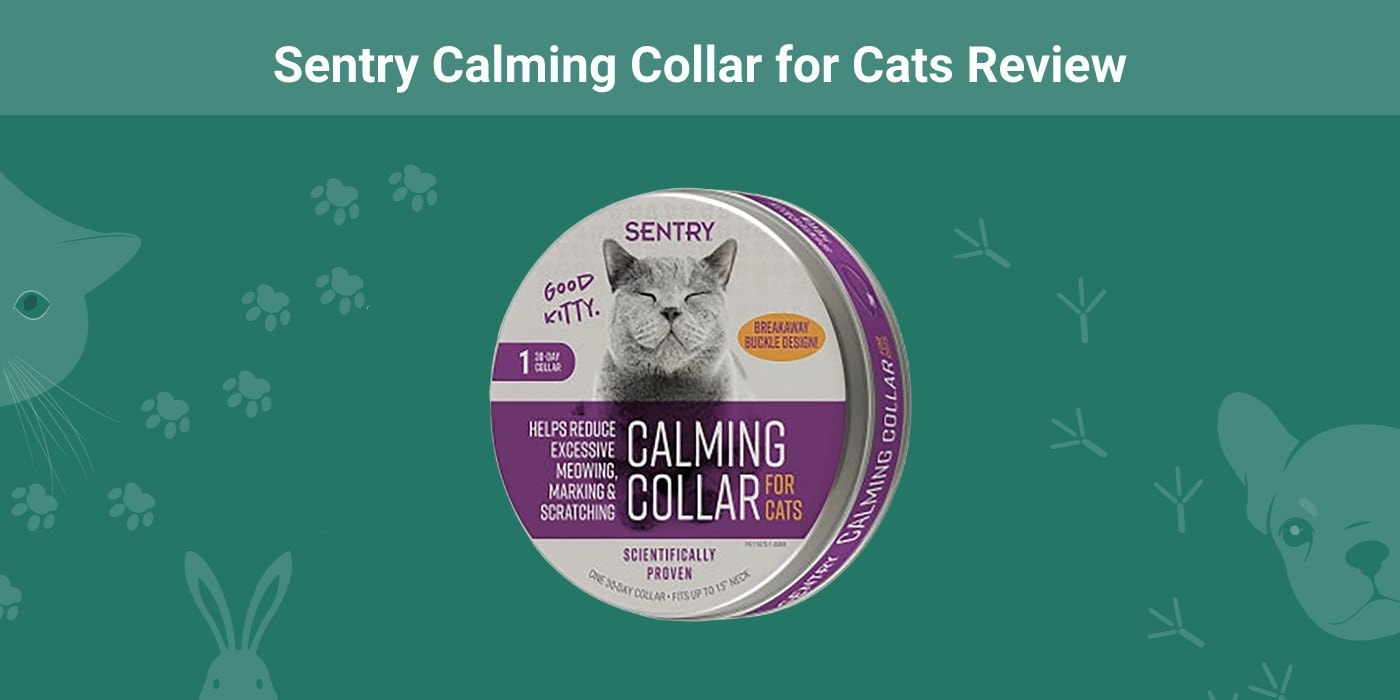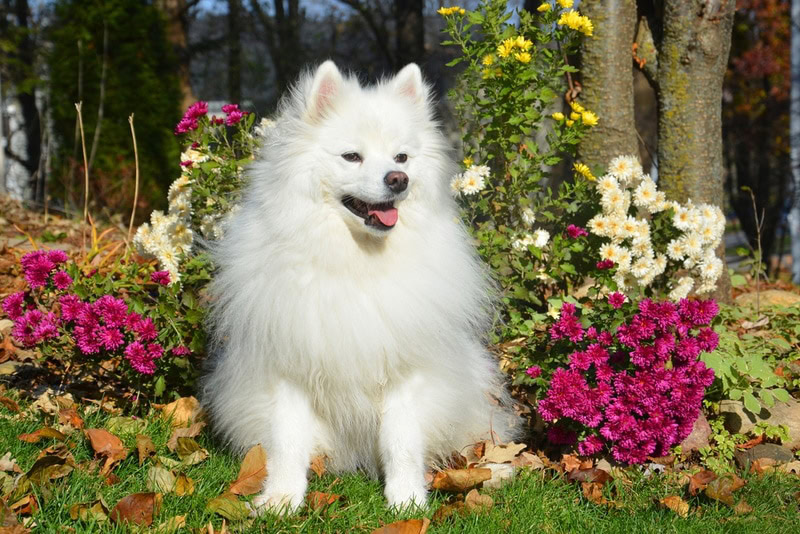VET APPROVED

The information is current and up-to-date in accordance with the latest veterinarian research.
Learn more »Click to Skip Ahead
Chinchillas are adorable little creatures that make popular pets. Hailing from the Andes mountains in South America, these rodents have hair as soft as velvet, and they can live up to 20 years with proper care. An essential part of that care is providing your chinchilla with the right nutrition, and you might be wondering just how long they can go without food and water.
All animals need access to food and water at all times, and for the animals in our care, it is our responsibility to provide it. Some people might think that a pet that is kept in an enclosure may be able to be left for longer than a cat or dog, but this isn’t necessarily the case. Chinchillas should go no more than 24 hours without food and water. Read on to learn more about these fascinating critters and how to properly care for them.

How Long Can Chinchillas Go Without Food?
Chinchillas can survive for up to 24 hours without food, potentially longer in extreme circumstances in the wild, but this is not something that should be tested. These tiny creatures have an extremely high metabolism, meaning they need access to food and water to maintain that metabolic rate. If you have to leave your chin alone for up to 24 hours, ensure that you leave out plenty of food and water to cover the timespan.
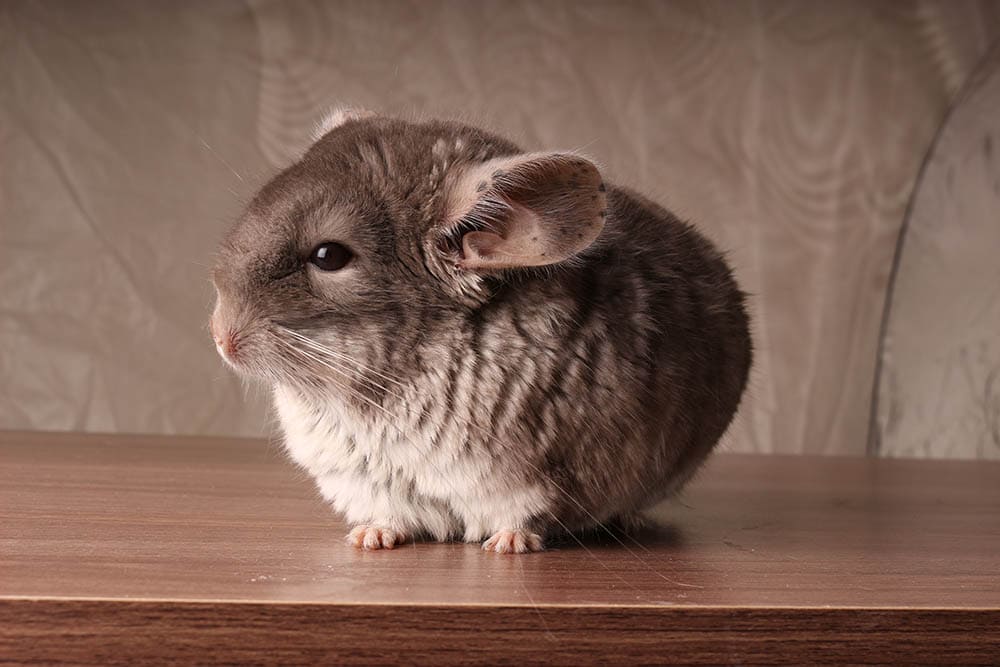
How Long Can Chinchillas Go Without Water?
The same rule applies to water. Your chin should have access to water 24/7, but if, for some reason, your chin runs out and you are not there to refill it, they may survive for several days without fresh water, depending on the environmental conditions, and whether or not there is food available. Their natural habitat is dry, rocky conditions in the Andes mountains, and they are equipped to survive with little to no water for several days, but it is not recommended. Remember, your pet chinchilla is not used to surviving in extreme conditions, and they rely on you for adequate food and water.
Dehydration is a concern for your chin when going without water. Dehydration is a dangerous condition that can lead to intestinal blockages, kidney damage, and even death. Signs to watch for are lethargy, dark urine, dry droppings, and skin tenting.1
The best way to provide fresh water for your chin is to attach a water bottle to their cage. Check the bottle daily and keep it full, as your chin will drink anywhere from 2 to 4 ounces of water daily. Clean the bottle regularly and inspect it often for bacteria buildup. You should also replace the water each day with fresh, new water.
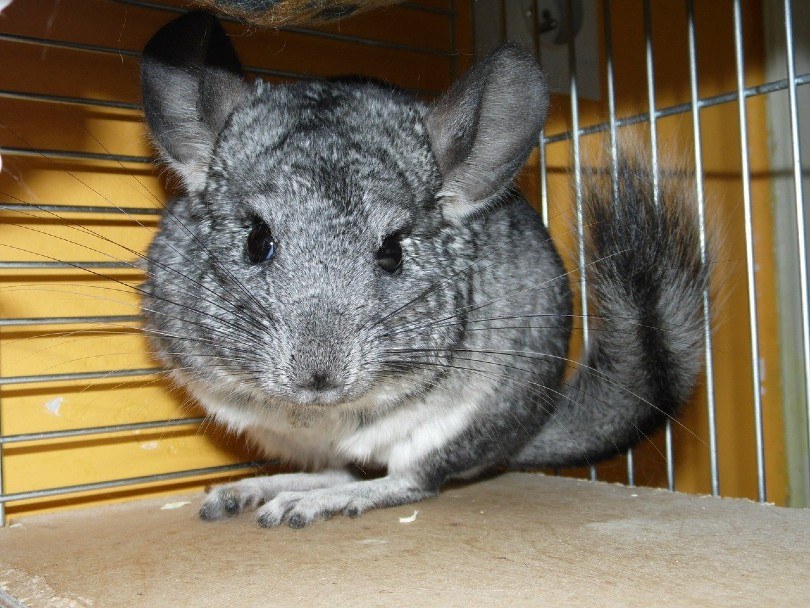

What Do Chinchillas Eat?
Hay and pellets are the preferred menu items for chins. They are herbivores and require a high-fiber diet that consists of Timothy hay, botanical hay, orchard grass, meadow hay, and oat hay. They also have a delicate digestive system, so it’s imperative to supply them with the necessary nutrients they need. In the wild, they are adept at surviving on vegetation and roughage, and they cannot tolerate rich foods high in fat. You can feed them pellets but limit the amount to 1 to 2 tablespoons daily, as giving too many pellets can cause obesity.
You can give your chin the occasional treat, such as raisins and dried apples, bananas, and cranberries, to name a few. Bear in mind that dried fruits are high in sugar and should only be given as treats two to three times a week in small amounts.
Snacks and Treats to Avoid
Chins can become obese, which can lead to a number of health issues. It’s wise to avoid store-bought chinchilla treats because these tend to be high in sugar, oils, and fats and have preservatives. Chins have a hard time digesting acidic foods, so avoid citrus fruits like oranges, lemons, and grapefruit. Corn can be fatal to these animals, and chocolate is high in sugar and fat and can make your pet sick. Always check with your veterinarian before giving human food to your chin to ensure it’s safe for them to eat.
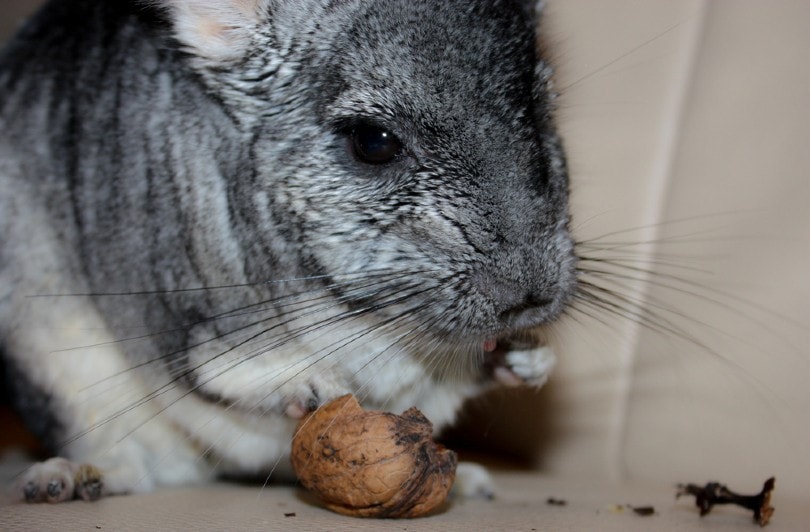
How to Care for Your Chinchilla and Keep Them Safe
Having a chinchilla as a pet comes with a lot of responsibility. Remember that chins can live up to 20 years when properly cared for, and that solely relies on you. Your new chinchilla friend will need an adequately sized, multi-level cage that is safe and secure. They also need plenty of hiding places in case they get scared.
They also need objects to climb on for exercise, and be sure to provide plenty of toys for stimulation. The temperature in the cage should not exceed 80 degrees Fahrenheit, so if you live in a hot, humid climate, ensure that you run your A/C. Paper and hardwood shavings make excellent bedding substrates for these little critters, but be sure to discard any bedding with urine or feces. Soiled bedding should be removed daily, bedding replaced weekly, and the cage should be properly cleaned at least once a month with a pet-friendly cleaner.

Conclusion
Chinchillas are adorable, rodents that make excellent pets. With proper care, they can live up to 20 years. It’s vital to supply your pet with food and water 24/7, but if for some reason, you fall short from time to time, chins can potentially survive for 24 hours without food, and no more than a few days without water. Of course, this is not something you should test out, and if you need to be away for longer than 24 hours, you should ensure an adequate supply of food and water.
If you’re going on vacation or have to travel for work, we recommend having a friend come to stay or pop in each day. Chins can get lonely and depressed, and having human interaction will help. Ensure your chin is familiar with the person, as they may get stressed and scared around someone they’ve never met.
Featured Image Credit: AJSTUDIO PHOTOGRAPHY, Shutterstock
